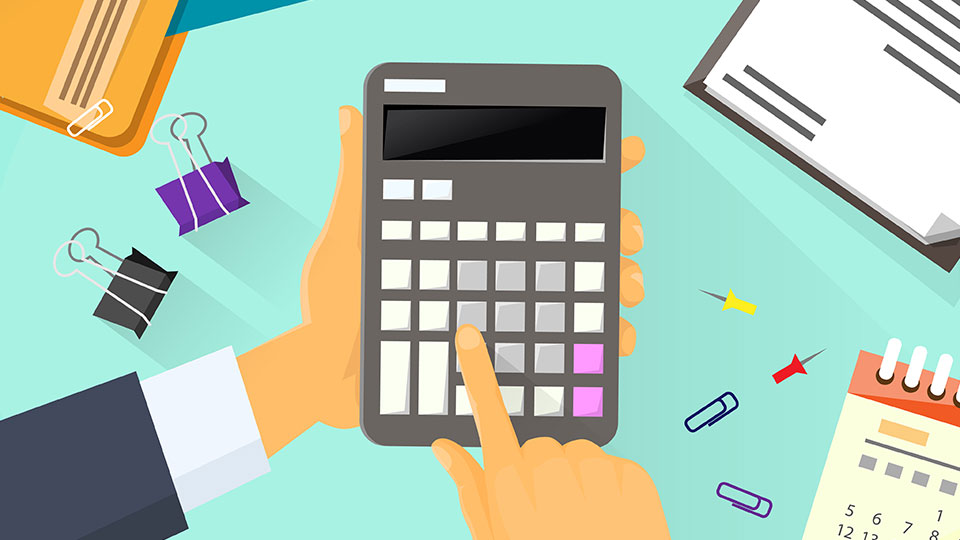August 23, 2018
Insurance guide: What types of insurance do you need at different life stages?

Insurance is a key component of any financial plan, but we don’t all need every type of insurance.
It’s a matter of balancing relevance, needs and costs.
So, what are the main types of insurance, and who is most likely to need what?
General insurances
General insurances protect you from the loss of physical items: house and contents, car, boat and personal effects.
If you can’t afford to lose something, insure it.
Health insurance
While Australia has an effective public health system, many people opt for the greater choice and shorter waiting times that private health insurance can provide.
Health insurance may be a particular priority for older people.
Personal insurances
A range of insurances are available that are designed to protect you and your family from the financial consequences of injury, illness and death.
Key personal insurances are:
- Life insurance, or more accurately death insurance. It pays a lump sum benefit if you die.
- Total and permanent disability insurance (TPD). This pays a lump sum if you meet the definition of being totally and permanently disabled.
- Trauma insurance pays a lump sum benefit if you suffer from one of the specified conditions. It is designed to assist with medical and recovery expenses. Most payouts are for heart disease and cancer.
- Income protection insurance. This pays a regular income if you are unable to work due to illness or injury. You can choose from a range of waiting periods (the time between the commencement of incapacity and when payments begin) and benefit periods (the maximum period that payments continue for).
To a large extent, the appropriate mix of personal insurances depends on your stage in life.
On this basis, insurances can be prioritised as follows:
Singles (no dependents)
- Income protection insurance
- Trauma insurance
- TPD.
Many single people are paying for life insurance they don’t really need through their superannuation fund.
If you could be one of them check with your super fund.
However, life insurance may be appropriate if there is a debt that needs to be covered.
Opting out of unnecessary life insurance will boost your retirement savings.
Couples, young families, middle age
These groups share a common need for the full suite of personal insurances, though the amounts and priorities will shift with life stage.
For example, for couples without dependents, income protection may be a higher priority than life cover.
For young families, life insurance and income protection insurance are both high priorities. However, as this is the period when greatest need for insurance combines with the greatest pressure on family budgets, some compromises may need to be made.
Middle age is often the period of peak earning capacity, but with age comes increasing risk of ill health and higher insurance premiums.
As you become less reliant on your earned income and pay off debts, one way to manage rising premiums is to incrementally reduce cover every year or two.
Retirees
With financial independence there is usually little justification for personal insurance. In any case, premiums are likely to be prohibitive.
Don’t forget general and health insurance, though.
Tailored solutions
At all stages in life it can be quite a challenge to achieve the right balance between effective insurance cover and affordable premiums. It’s also important to get the structure right.
For example, life, TPD and income protection premiums are tax deductible inside super, but only income protection premiums are personally deductible.
There may also be different definitions of total and permanent disability depending on whether TPD cover is provided inside or outside of superannuation. And when it comes to income protection insurance, benefit periods of superannuation policies are usually limited to two or five years. This may lead to under-insurance.
LDB’s financial advisers can look at your overall situation, your goals and needs, and work with you to design a personal protection portfolio to suit you.
To find out more, call us on (03) 9875 2900 or fill in the contact form below and we’ll be in touch.





